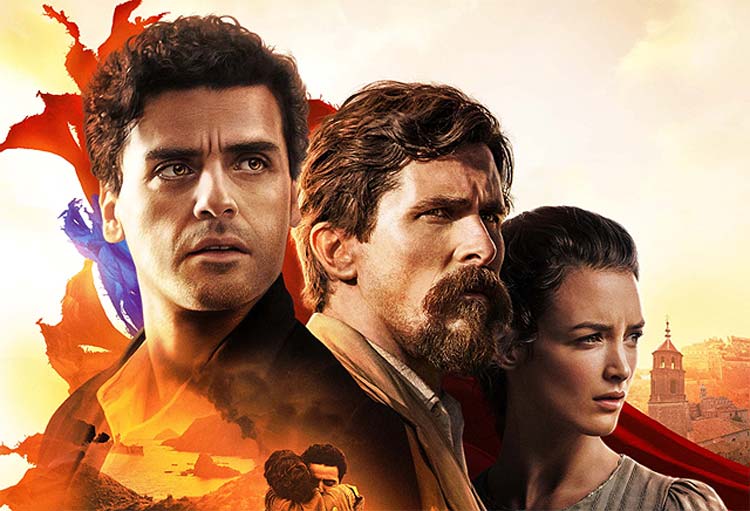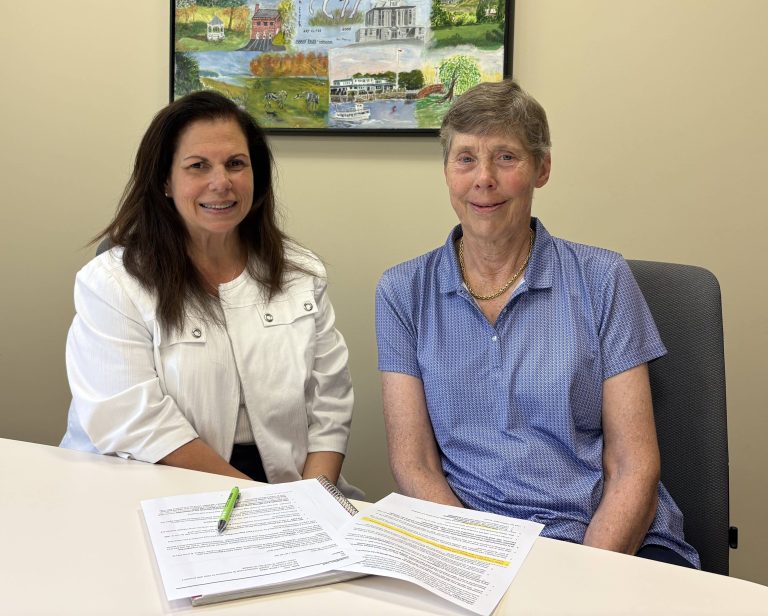
Guest Blog
‘The Promise’: Hollywood Depicts the Armenian Genocide
By Alyssa Keleshian Bonomo
The first-ever, big-budget, wide-release feature depicting the Armenian Genocide, complete with A-list Hollywood celebrities and a renowned, Academy Award-winning director, is now in movie theaters nationwide.
As the granddaughter of an Armenian Genocide survivor, I am proud to share this incredible story with you, in hopes that you will flock to the theaters to support this monumental film, “The Promise,” directed by Terry George (“Hotel Rwanda”), and starring Christian Bale and Oscar Isaac. This week is especially important, as it marks the 102nd Anniversary of the Armenian Genocide.
An unprecedented 100 percent of the proceeds from this $100-million-dollar film will go to non-profits, human rights and humanitarian organizations.
This marks a milestone, not only for survivor-descendants, but for anyone concerned with human rights and stopping acts of genocide from taking place today. History is repeating itself, and unless we become aware and recognize the past, these atrocities will continue to occur in the future.
“The Promise” opens in 1914 as the Great War looms and the vast Ottoman Empire is crumbling. Constantinople (Istanbul), its once vibrant, multicultural capital, is about to be consumed by chaos. Mikael (Oscar Isaac) arrives as a medical student determined to bring modern medicine to Siroun, his ancestral village in southern Turkey, where Turkish Muslims and Armenian Christians have lived side by side for centuries.
American photojournalist Chris Meyers (Christian Bale) has come only partly to cover geo-political news. He is mesmerized by Ana (Charlotte Le Bon), an Armenian artist whom he has accompanied from Paris after the sudden death of her father. When Mikael meets Ana, their shared Armenian heritage sparks an attraction that explodes into a romantic rivalry between the two men, even as Mikael hangs onto a promise from his past.
After the Turks join the war on the German side, the Empire turns violently against its own ethnic minorities. Despite their conflicts, everyone must find a way to survive as monumental events overtake their lives.
The film is powerful and, for me, it is personal. I am alive because my grandfather and his family survived the death march, survived the starvation, and survived the horrific mass killings. With his mother and two sisters, my grandfather walked and walked until he reached the deserts of Syria. Along the way, they witnessed unspeakable brutality—women kidnapped and raped; babies left orphaned on the side of the road by dying parents, or thrown up on the air only to be caught on Turkish swords; men beheaded, tortured or buried alive; mass graves—and the immeasurable damage that war and genocide do to the human spirit.
My grandfather would tell me about going to a nearby canyon where the Turkish gendarmerie would force people to jump to their deaths, or the horror of seeing rivers filled with dead bodies and how they would say the Euphrates was a red river of blood. At night, the smell of dead bodies would wake them.
His sister, unable to stand the heat and exhaustion, contracted cholera and died. They were not allowed to rest when they were tired along the journey and had difficulty finding water when they were thirsty. My great-grandmother, unable to care for him and his remaining sister, put them in an orphanage in Aleppo, Syria, for refugee children where she thought they would be safe and fed.
In the end, the Armenian genocide resulted in the Turks killing three out of every four of its Armenian citizens—1.5 million in total—because of their Christian faith. They deported them from their homes, confiscated their property, and destroyed churches all across the country. By some miracle of faith, my grandfather and his family made their way to America, a country they loved, and called Greenwich their home until their dying days.
This brings us to today—“The Promise.” Armenian descendants of genocide survivors finally have a film that depicts the true story of what happened over 100 years ago. Even though The New York Times reported on the Armenians’ systematic extermination in the early 1900’s; even though Soghomon Tehlirian, who killed Talaat Pasha (the mastermind of the genocide) was found not guilty by a German court in 1921; and even though Ambassador Morgenthau documented the horrendous beheadings and torture the Armenians suffered during his tenure as U.S. ambassador to the Ottoman Empire, there are still people who don’t acknowledge this part of history.
Even the U.S. government refuses to officially recognize the Armenian Genocide for fear of upsetting its Turkish allies. Thankfully, 26 countries and now Pope Francis have acknowledged the Armenian Genocide and demand the same of Turkey.
I urge you to go see “The Promise” and to never forget. “Our revenge will be to survive,” says Ana, and survive the Armenians did.
#keepthepromise #proudArmenian.
Alyssa Keleshian Bonomo is Vice President of K Investments. She resides in Greenwich with her husband, Tom, and her sons, Harry and Thomas.




